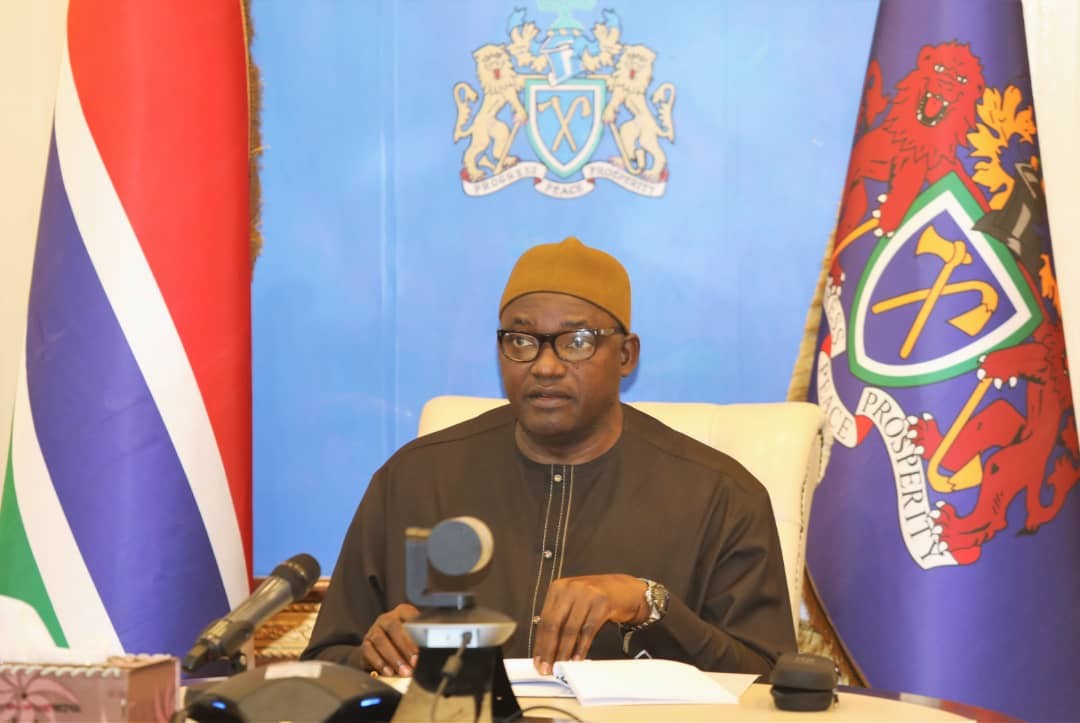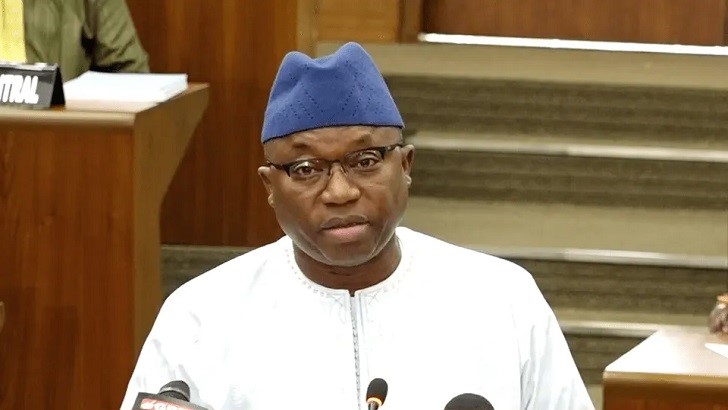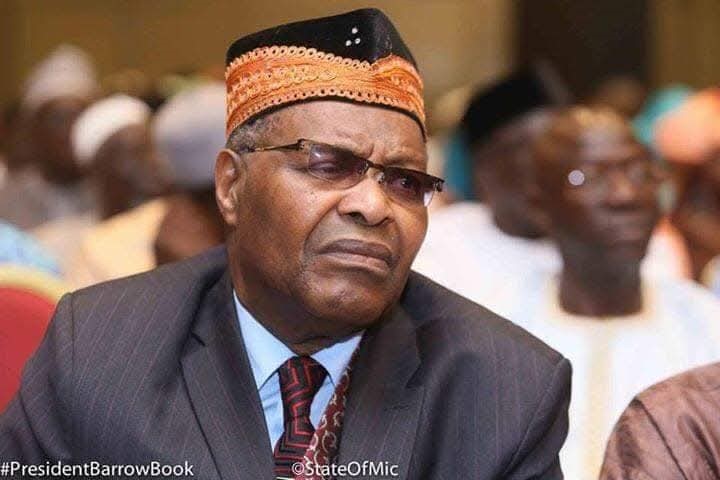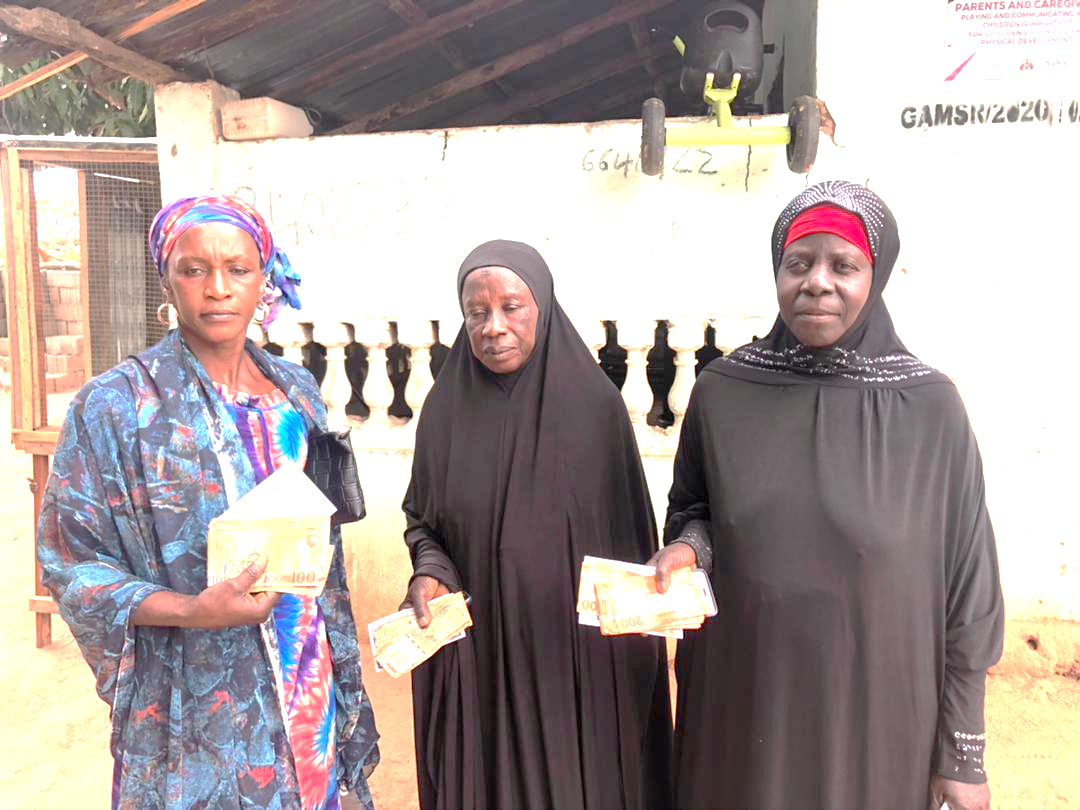Gambian President Adama Barrow says his country has seen the dividends of democracy in building institutions and championing freedom of expression.
He said those gains were lost under the dictatorship when the 1994 coup d’etat curtailed civil liberty and destroyed institutional setups and procedures while the economy stagnated to less than two months of import cover.
He made the remarks on Tuesday while addressing the Millennium Challenge Corporation (MCC) hybrid virtual meeting organised in partnership with the National Endowment for Democracy (NED) ahead of the U.S. Second Summit for Democracy on Wednesday and Friday.
To restore Democracy in the West African nation the Gambian leader outlined the democratic processes that built the confidence of citizens to demand more accountability.
He said restoring peace, rebuilding the democratic institutions and values, and protecting civil liberties by opening the media space by approving licences for private media are his government’s focus.
“The democratic dividends within five years made it possible for taxpayers to demand dividends of paying taxes and to regain faith and confidence in the judiciary and governance framework. Civil liberty is at its height, and remittance from Gambians in the Diaspora and investments all resulted in a turnaround in the economy,” he said.
President Barrow noted that the economy was on the right trend until the impacts of COVID-19 and the war between Russia and Ukraine disrupted it.
“Democracy brought accountability, and we can invest domestic revenue in infrastructure development in remote areas. Communities were isolated from such development; for over 50 years, we relied on donor support to construct roads.”
He said under his leadership, the government mobilised domestic resources and invested in social projects.
In addition, legal and security sector reforms are expanding development, promoting peace, driving the fight to end poverty, and providing access for hard-to-reach communities,’’ pointed out.
President Barrow added that coupled with new laws, policies, and programmes, and with support from partners like the MCC, The Gambia is enjoying the dividends of Democracy.
The challenges, he highlighted, include human resource capacity on new technologies, limitations in skilled areas, and limited job opportunities amongst the youthful population.
Others are responding to the high demand for social projects that impact the lives of the people, the impact of climate change, and limited funding.
President Barrow pointed out that a continuous negotiation of the public space for freedom of expression and the fine line with hate speeches that are threatening peace and stability, are also major challenges.
He added that improving the governance environment could be challenging, citing the difficulties in building evidence for corruption allegations and the constant demand for national security for people and their properties to feel safe.
Calling for tolerance, President Barrow urged civil society organisations to understand that they are partners with the government and urged them to work together for the supreme interest of the people and uplift their living conditions.





